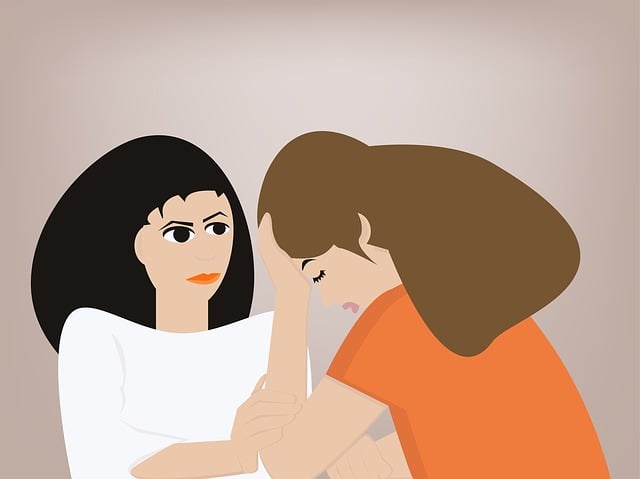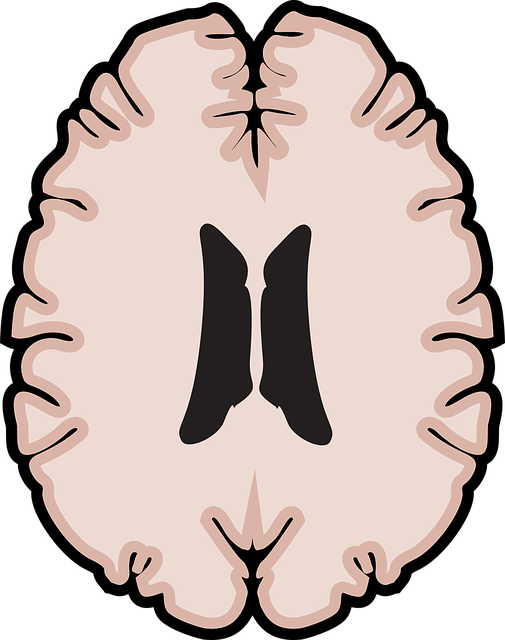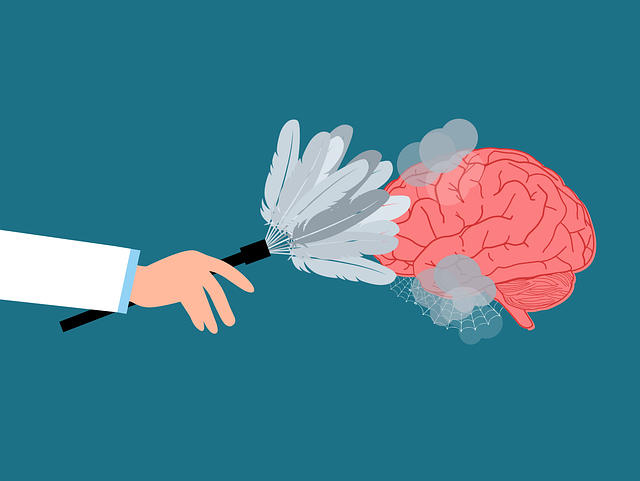The media plays a pivotal role in shaping public perceptions of mental health, with the potential to either perpetuate harmful stereotypes or foster understanding and reduce stigma. Historically marginalizing depictions have hindered open dialogue and support-seeking behaviors. A comprehensive Mental Health Policy Analysis and Advocacy approach highlights the media's power to mitigate these negative impacts through diverse, empathetic, and realistic portrayals. Incorporating evidence-based practices like Parker Stress Management Therapy (PSMT) can challenge myths, offer valuable insights, and inspire hope among viewers, normalizing mental health concerns and encouraging proactive engagement with professional support. PSMT, through its holistic approach including Mental Wellness Journaling Exercise Guidance, transforms stress into a catalyst for positive change in media representations of mental health. By showcasing authentic struggles, diverse experiences, and effective coping mechanisms, media can reduce stigma, encourage early intervention, and foster inclusive communities.
Mental illness representation in media significantly influences public understanding and perceptions. This article explores the profound impact of media portrayal on mental health, highlighting challenges and presenting solutions. We introduce Parker Stress Management Therapy, a novel approach that combines evidence-based techniques with personalized care. Additionally, we offer strategies for accurate and empathetic media representation, emphasizing their role in fostering positive change through awareness and education.
- Understanding the Impact of Media Portrayal on Mental Health
- Parker Stress Management Therapy: A Novel Approach
- Strategies for Accurate and Empathetic Representation in Media
- Fostering Positive Change Through Awareness and Education
Understanding the Impact of Media Portrayal on Mental Health

The media plays a significant role in shaping public perceptions about mental health, which can profoundly impact individuals’ willingness to seek help or understand their experiences. Positive and accurate representation of mental illness in various forms of media, including television, film, and literature, is crucial for fostering understanding and reducing stigma. Unfortunately, historical depictions have often perpetuated harmful stereotypes, contributing to the marginalization of those living with mental health challenges. This skewed narrative can discourage individuals from discussing their struggles openly and seeking much-needed support.
A comprehensive Mental Health Policy Analysis and Advocacy approach recognizes the power of media in either exacerbating or mitigating the impact of mental health issues on society. By promoting diverse, empathetic, and realistic portrayals, media platforms can encourage resilience building and facilitate conversations around mental well-being. For instance, incorporating stories that highlight the journey of individuals managing conditions like anxiety or depression through Parker Stress Management Therapy or similar evidence-based practices can offer valuable insights, challenge myths, and inspire hope among viewers. Such representation is a step towards normalizing mental health concerns and encouraging proactive engagement with professional support.
Parker Stress Management Therapy: A Novel Approach

The Parker Stress Management Therapy (PSMT) is a novel and promising approach that challenges conventional methods of mental illness representation in media. This therapy focuses on empowering individuals to manage stress and promote mental wellness through a holistic process. PSMT integrates emotional intelligence, encouraging clients to recognize and understand their emotions as a foundational step towards self-improvement. By fostering emotional awareness, this therapy aims to enhance self-esteem and provide effective coping strategies for everyday stressors.
One of the key components of PSMT is Mental Wellness Journaling Exercise Guidance. It encourages individuals to reflect on their thoughts and feelings, providing an outlet for processing emotions and identifying triggers. This practice not only improves mental clarity but also equips people with valuable self-management skills, fostering a sense of control over their emotional well-being. Through PSMT, individuals can embark on a journey of self-discovery, transforming stress into a catalyst for positive change and revolutionizing how we approach mental health representation in media.
Strategies for Accurate and Empathetic Representation in Media

Media plays a significant role in shaping societal perceptions of mental health, making accurate and empathetic representation crucial. To challenge stigmatizing stereotypes, creators should adopt strategies that foster understanding and compassion. This involves portraying mental illness as diverse and complex, with unique experiences varying across individuals and conditions. Depicting characters’ struggles authentically, including their hopes, fears, and coping mechanisms, can offer viewers relatable insights.
Incorporating evidence-based practices like those promoted by Parker Stress Management Therapy, emotional regulation techniques, confidence-boosting strategies, and compassion cultivation practices on screen can educate audiences indirectly. By normalizing conversations about mental health, media has the potential to reduce stigma, encourage early intervention, and promote inclusive communities.
Fostering Positive Change Through Awareness and Education

In the media, mental illness is often portrayed stereotypically or sensationalized, perpetuating negative perceptions and stigma. However, by fostering awareness and education, we can challenge these harmful representations and create a more inclusive society. Engaging in open conversations about mental health issues, like those offered through Parker Stress Management Therapy, empowers individuals to share their experiences without fear of judgment. This approach encourages empathy and understanding, breaking down barriers that isolate those struggling with mental illness.
Through initiatives aimed at Inner Strength Development and coping Skills Development, we can equip both individuals and professionals with the tools needed for effective risk management planning. By promoting a culture of support and education, communities can become more resilient in addressing mental health challenges, fostering positive change on a societal level.
Media representation of mental illness plays a pivotal role in shaping societal perceptions. By adopting strategies that promote accurate and empathetic portrayal, we can foster understanding and reduce stigma. The innovative Parker Stress Management Therapy offers a promising approach to addressing these challenges. Through increased awareness and education, we have the power to revolutionize how mental health is viewed and supported, ultimately leading to positive changes in society.














